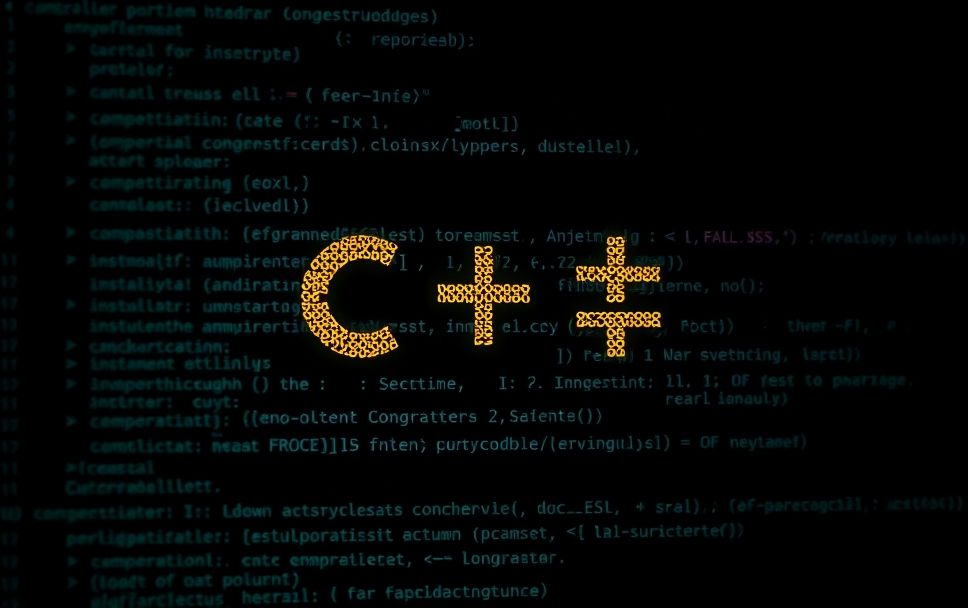Understanding C++: A Comprehensive Glossary
C++ is a high-level programming language that has gained immense popularity among developers for its versatility and performance. Developed as an extension of the C programming language, C++ supports both procedural and object-oriented programming paradigms. Its ability to manipulate hardware resources directly, combined with features like classes and objects, makes it a powerful tool for a wide range of applications.
The Importance of C++ in Modern Programming
In the world of programming, C++ stands out for several reasons. It is used extensively in systems programming, game development, real-time simulations, and applications that require high performance. Understanding C++ is crucial for programmers looking to deepen their knowledge and enhance their skill set, especially in fields like artificial intelligence and server management.
Key Features of C++
- Object-Oriented Programming (OOP): C++ supports OOP principles, allowing developers to create modular and reusable code.
- Performance: C++ provides low-level memory manipulation options, making it suitable for performance-critical applications.
- Standard Template Library (STL): The STL is a powerful feature that provides a collection of algorithms and data structures.
- Cross-Platform Development: C++ code can be compiled on various platforms, enhancing its usability.
Practical Applications of C++
C++ has a wide range of applications that demonstrate its versatility. Here are some real-world examples:
- Game Development: C++ is the backbone of many game engines, including Unreal Engine. Developers use C++ to create high-performance games that require real-time rendering and complex calculations.
- Artificial Intelligence: C++ is often used in AI applications for tasks that require efficient data processing, such as machine learning algorithms and neural networks.
- Operating Systems: Many operating systems, including Windows and parts of Linux, are written in C++. Its performance and direct hardware access make it ideal for system-level programming.
- Embedded Systems: C++ is commonly used in developing software for embedded systems, such as those found in automobiles and home appliances.
How to Start Programming in C++
If you’re new to C++ and are eager to get started, here’s a step-by-step guide:
- Set Up Your Environment: Install a C++ compiler (like GCC or Clang) and an IDE (such as Visual Studio or Code::Blocks).
- Learn the Basics: Familiarize yourself with C++ syntax, data types, and control structures through online tutorials or textbooks.
- Practice Coding: Start writing simple programs to reinforce your understanding. For example, create a calculator or a basic game.
- Explore Advanced Topics: Once comfortable, dive into object-oriented programming, templates, and the Standard Template Library.
Related Concepts in Programming
Understanding C++ also involves grasping related programming concepts. Here are some key terms:
- Object-Oriented Programming (OOP): The paradigm C++ is built upon, focusing on objects and classes.
- Data Structures: Essential for organizing and managing data efficiently in C++ programs.
- Algorithms: C++ offers a variety of algorithms through its Standard Template Library, critical for solving complex problems.
- Memory Management: Understanding manual memory management in C++ is vital for performance optimization.
Conclusion: Embracing C++ for Future Technologies
In summary, C++ is not just a programming language; it is a cornerstone of modern computing that empowers developers to create efficient and high-performance applications. Whether you are involved in game development, artificial intelligence, or systems programming, mastering C++ can significantly enhance your capabilities and open doors to new opportunities.
Reflect on how you can integrate C++ into your projects. By understanding and applying its principles, you can create innovative solutions that leverage the full power of this versatile language.









